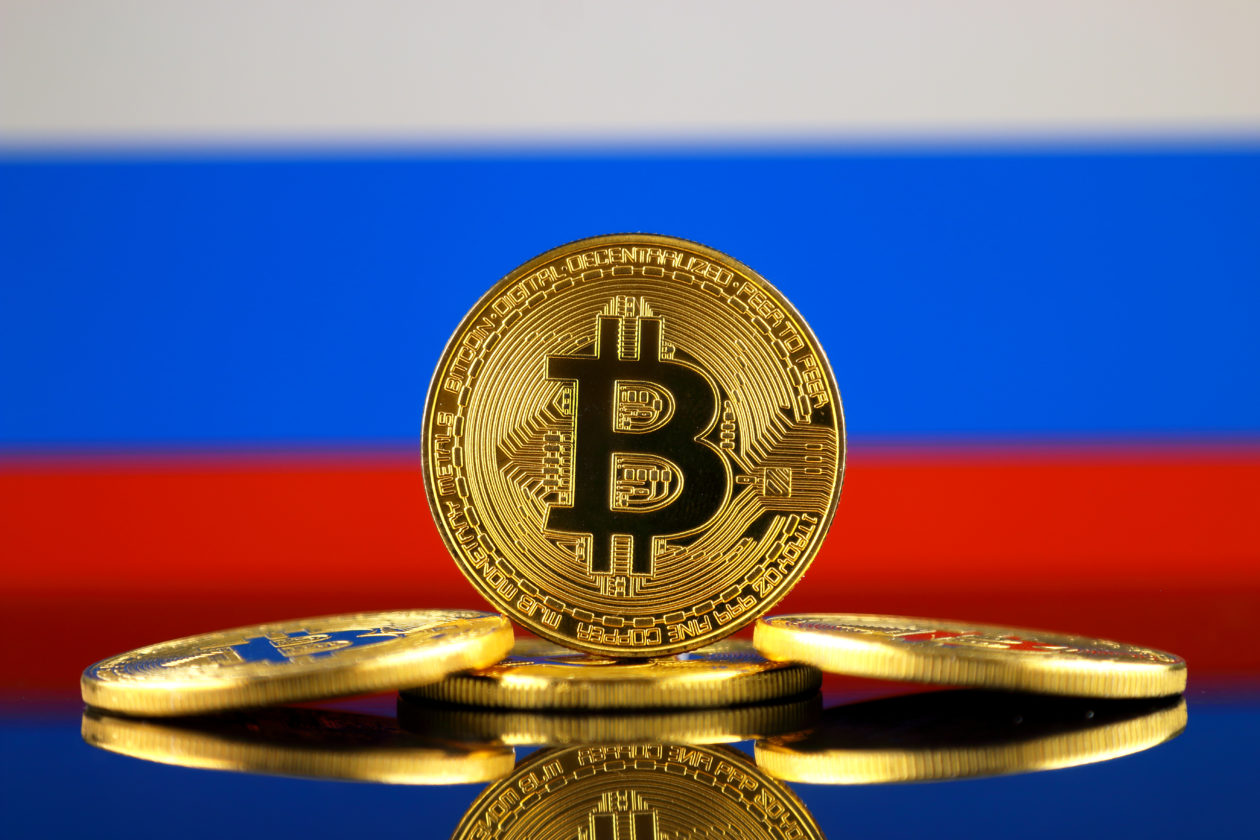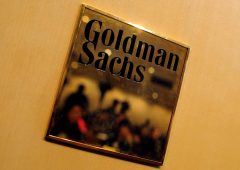El Salvador Proposes Bitcoin Deal to Enhance Trade Relations with Russia
31.07.2024 8:00 1 min. read Alexander Stefanov
The Russian Central Bank has traditionally been against cryptoassets, but changing international circumstances are prompting a shift in their approach.
Recently, El Salvador proposed using cryptocurrency, particularly Bitcoin, to facilitate trade with Russia. This idea is part of El Salvador’s strategy to strengthen its economic relationship with Russia and enhance its geopolitical influence.
Alexander Ilyukhin, the first secretary of the Russian embassy in Nicaragua and the head of the office in El Salvador, shared details of this plan. He emphasized El Salvador’s innovative decision to make Bitcoin a legal currency.
“In El Salvador, tourists can use Bitcoin for various services. However, in Russia, Bitcoin isn’t widely accepted, so we are exploring alternative ways to boost trade. The Salvadoran government is committed to continuing economic collaboration with Russia,” Ilyukhin explained.
El Salvador has maintained a neutral stance on the Russia-Ukraine conflict, refusing to take sides. Although Ukrainian President Volodymyr Zelensky’s administration has sought support from El Salvador, their efforts have been unsuccessful so far.
Moreover, El Salvador is contemplating joining the BRICS economic group, which includes Brazil, Russia, India, China, and South Africa. BRICS is actively working towards reducing reliance on the US dollar and is considering cryptocurrencies as a viable alternative.
-
1
Bitcoin Nears Key Support Levels Amid Growing Market Uncertainty
10.06.2025 18:00 1 min. read -
2
Michael Saylor Urges Apple to Buy Bitcoin
11.06.2025 9:00 1 min. read -
3
Bitcoin Price Prediction: Can the Genius Act Push Bitcoin to $200K?
20.06.2025 22:52 3 min. read -
4
Strategy’s Michael Saylor Says Bitcoin’s Volatility Era Is Over
13.06.2025 8:00 1 min. read -
5
Quantum Computing Won’t Kill Bitcoin, Says Michael Saylor
10.06.2025 12:00 1 min. read
Strategy Boosts Bitcoin Holdings to 597,325 BTC with Latest Purchase
Bitcoin giant Strategy has added another 4,980 BTC to its reserves in a purchase worth approximately $531.9 million, according to Executive Chairman Michael Saylor.
Veteran Trader Peter Brandt Shares Simple Wealth Strategy with Bitcoin at Its Core
According to renowned market veteran Peter Brandt, trading isn’t the path to prosperity for the vast majority of people.
Why Bitcoin Is Stuck Despite Wall Street Demand
Charles Edwards, founder and CEO of Capriole Investments, has offered a fresh perspective on Bitcoin’s stalled price movement near the $100,000 mark, despite growing institutional enthusiasm.
Metaplanet Now Holds 13,350 BTC Worth $1.4 Billion
Metaplanet has expanded its Bitcoin treasury with a new acquisition of 1,005 BTC valued at approximately $108.1 million, further cementing its status as one of the largest corporate holders of the digital asset.
-
1
Bitcoin Nears Key Support Levels Amid Growing Market Uncertainty
10.06.2025 18:00 1 min. read -
2
Michael Saylor Urges Apple to Buy Bitcoin
11.06.2025 9:00 1 min. read -
3
Bitcoin Price Prediction: Can the Genius Act Push Bitcoin to $200K?
20.06.2025 22:52 3 min. read -
4
Strategy’s Michael Saylor Says Bitcoin’s Volatility Era Is Over
13.06.2025 8:00 1 min. read -
5
Quantum Computing Won’t Kill Bitcoin, Says Michael Saylor
10.06.2025 12:00 1 min. read


